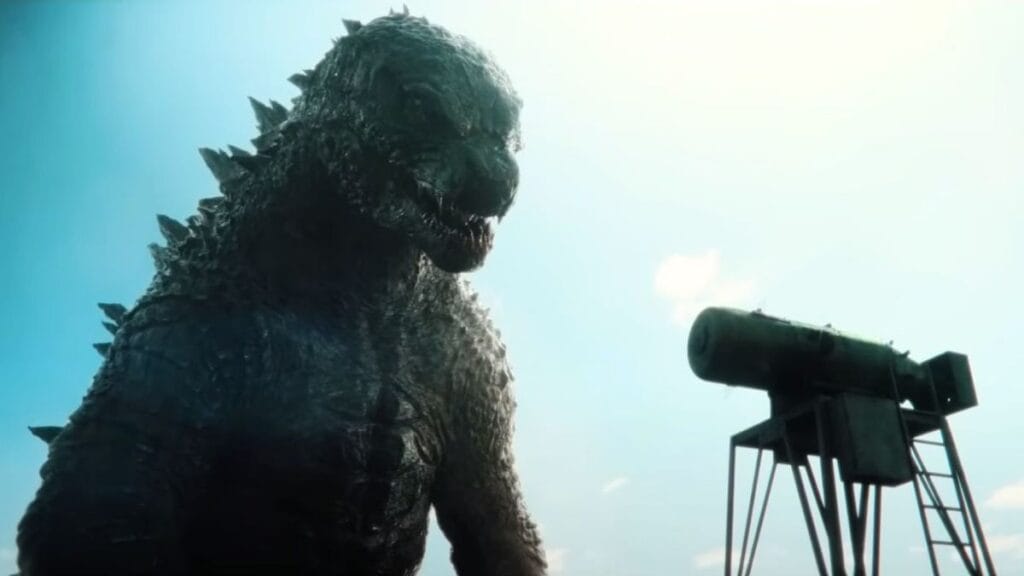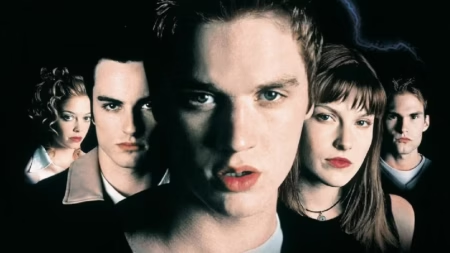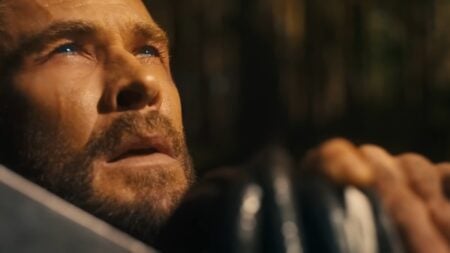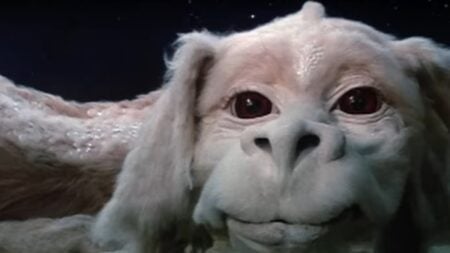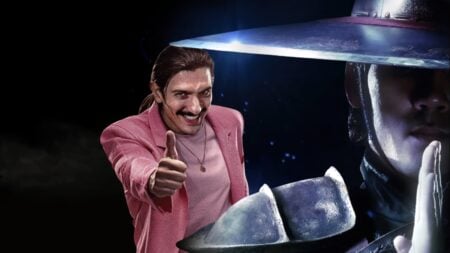Skip To...
Monsterverse Godzilla took the franchise’s long-central nuclear symbolism in some weird directions. With three entries featuring the King of the Monsters and a fourth on the way, spectacle overcame metaphor. This is nothing new for the franchise but creates a fascinating comparison point with its earlier eras. Godzilla’s straightforward embodiment of apocalyptic anxiety is a distant memory. Modern Monsterverse Godzilla sees nuclear weapons as a justifiable worst-case solution or the answer to all of Earth’s problems.
The Monsterverse Uses Nukes Differently
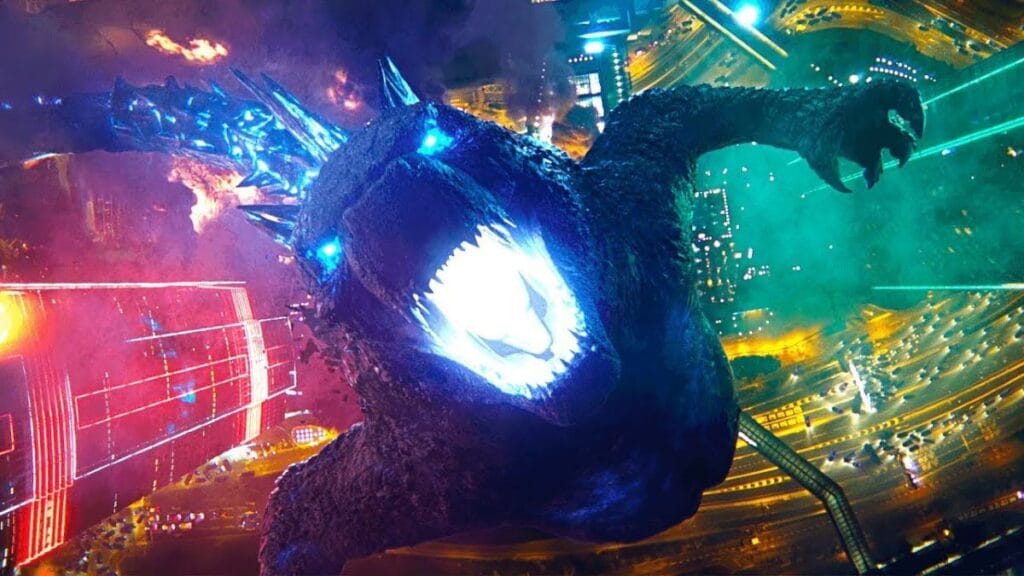
In the original 1954 Godzilla, the titular Kaiju is a dinosaur awakened and irradiated by the Castle Bravo tests at Bikini Atoll. The event was fresh in the mind of every Japanese viewer, who recalled the horror of the bombs and the more recent terror over poisoned fish. The first Monsterverse outing, 2014’s Godzilla, featured the same nuclear test. In 2014, Castle Bravo was recontextualized as an attempt to kill a giant monster.
This time, a deep-sea expedition awakened Titanus Gojira, irritating him enough to destroy a few ships. The United States government subsequently launched Castle Bravo to kill Godzilla. The Monsterverse shifted the meaning of American nuclear tests. They were the acts of violence and hubris that summoned Godzilla, but now they’re a morally justifiable attempt to put down the beast.
Godzilla’s relationship with nukes shifted almost immediately after his debut. He was a horror villain in 1954. Ten years and four films later, he was the anti-hero opposing more sinister threats. This was a financial decision. Regardless of the symbolism, every horror franchise gradually becomes more about the villain than their victims. The implications in Godzilla, however, are haunting.
The atomic bomb was the horror that shook the nation, but as the films are marketed more heavily to Americans, the weapon’s avatar must become the hero. Narratively, Monsterverse Godzilla doesn’t follow that lead exactly, but it fits comfortably into its tradition. Where Toho viewed Godzilla as the natural consequence of escalating warfare, Legendary sees him as a brutal reminder of the laws of nature. That concept blends fascinatingly with the franchise’s take on nuclear energy.
Monsterverse Godzilla Loves Nuclear Power

Did you know that the Titans in the Monsterverse emit radiation that heals and restores natural ecosystems? All of the Kaiju in the franchise, from King Ghidora to Methuselah, cause animal and plant life to flourish. When a Titan crushes a modern metropolis into dust, nature quickly reclaims the land. Monarch, the international body tasked with monitoring Titans, classes certain monsters as “protectors” for their benevolence.
They claim some Kaiju are inherent to Earth’s biome, either to guard specific natural processes or as the apex predator. 1954 Godzilla was an aberration, an ancient sea creature who’d slept on the sea bed for millennia before Castle Bravo woke him up. Monsterverse Godzilla still wields nuclear energy, but he’s part of the ecosystem, and his rampages help restore nature. It’s a bit confused, but this Godzilla is a better metaphor for nuclear energy than the nuclear bomb.
Godzilla: King of the Monsters is the most straightforward Monsterverse entry. The 2014 original plays with government cover-ups and conspiracy theories, but its conclusion is muddled. Godzilla vs. Kong and its upcoming sequel appear less focused on symbolism. King of the Monsters sees eco-terrorists unleash Titans to replenish the environment. They intend to let countless humans die as the Kaiju reclaim land for plants and animals.
The military strikes back, deploying a superweapon to put down Godzilla. The new threat, King Ghidorah, prepares to destroy the world, so a scientist with a lifelong connection to Godzilla schemes to reawaken him. He detonates a nuke in Godzilla’s lair to wake him, employing a tactical nuclear strike to stop a deadlier threat. The military uses bombs wrong. Scientists use technology, even nuclear weapons, correctly. Eco-terrorists are half-right. That’s King of the Monsters‘ morality, and it’s bizarre.
Monsterverse Godzilla distanced itself from symbolism in general in its later iterations. Kong: Skull Island is, oddly enough, the most compelling example of monster-as-metaphor with its Vietnam allegory. Legendary’s Godzilla seems to stand for nature against human meddling, but only to a point. This King of the Monsters struggles to clarify his message, but that isn’t what people are coming to the Monsterverse for. As the franchise reaches its next phase, it may choose to abandon nukes altogether. Maybe we would all prefer to think about this issue a little less frequently.

